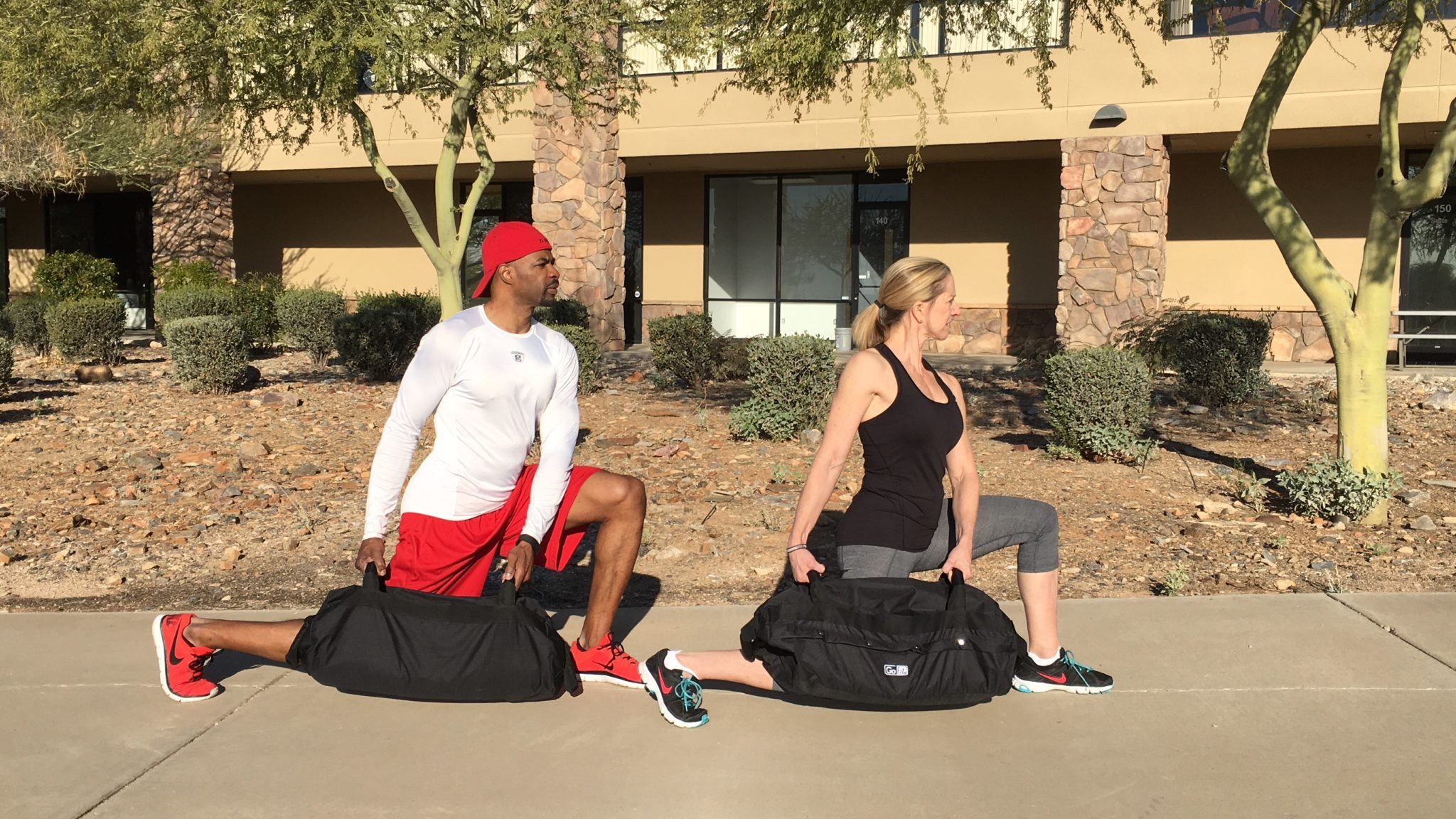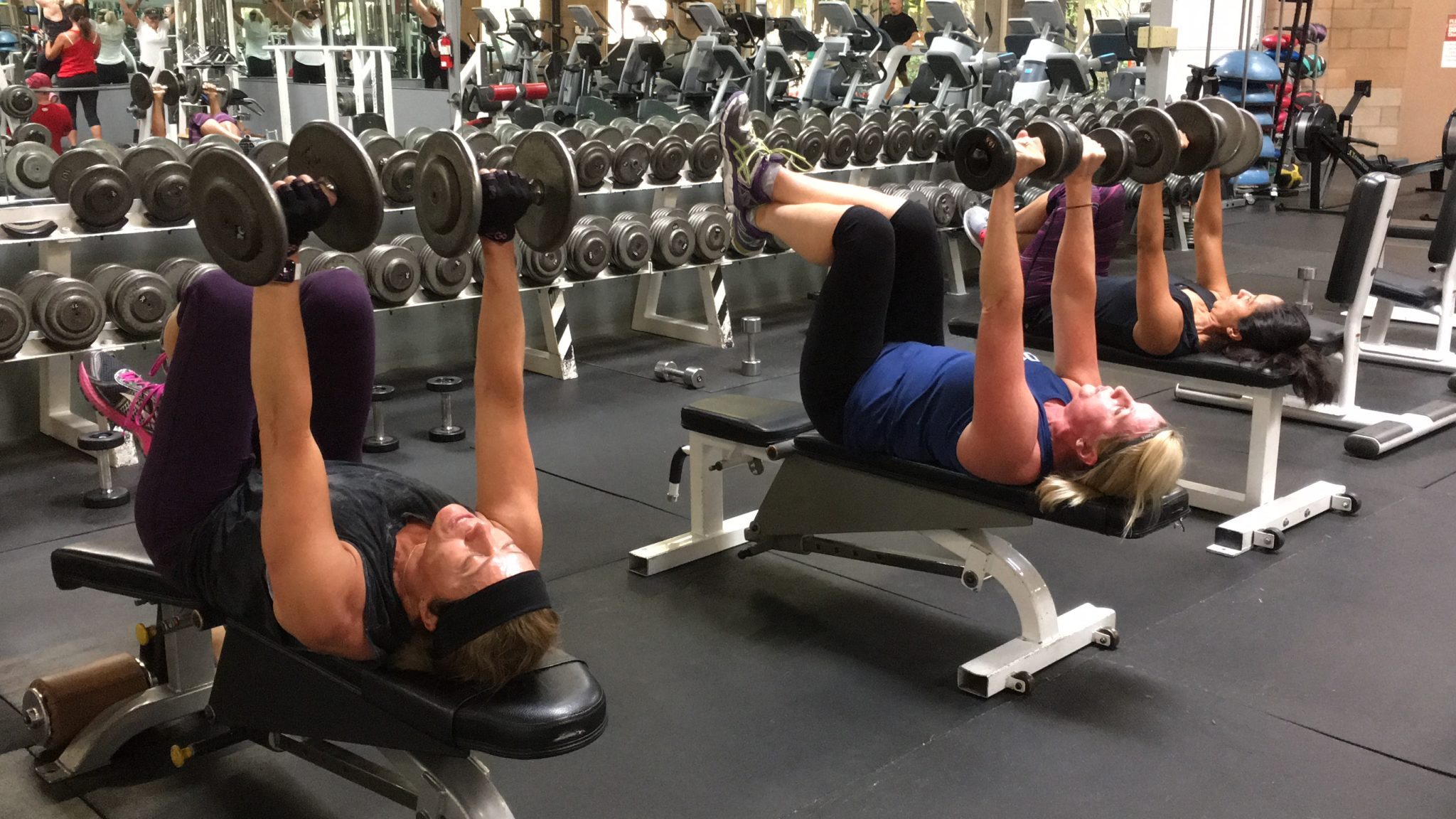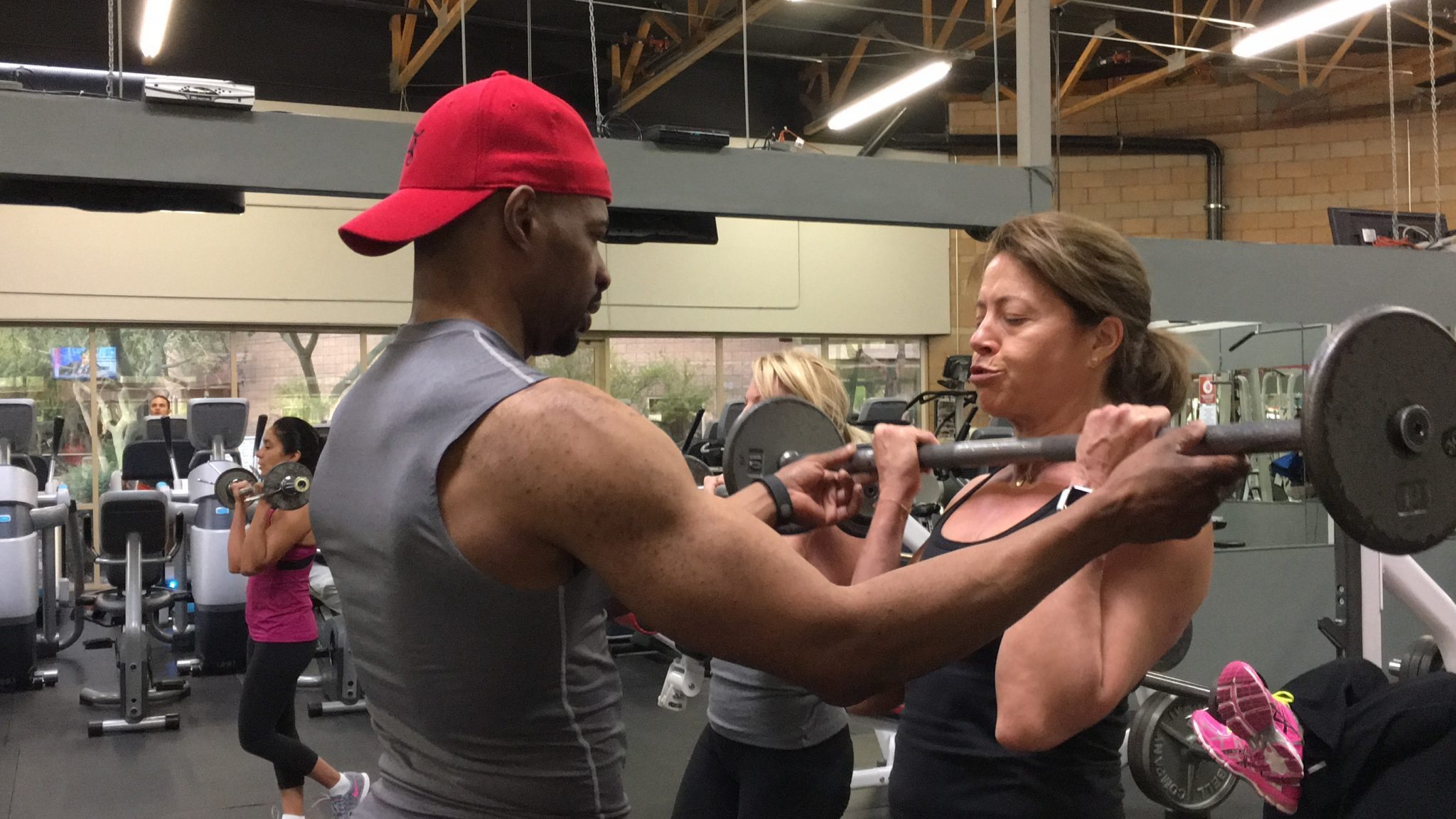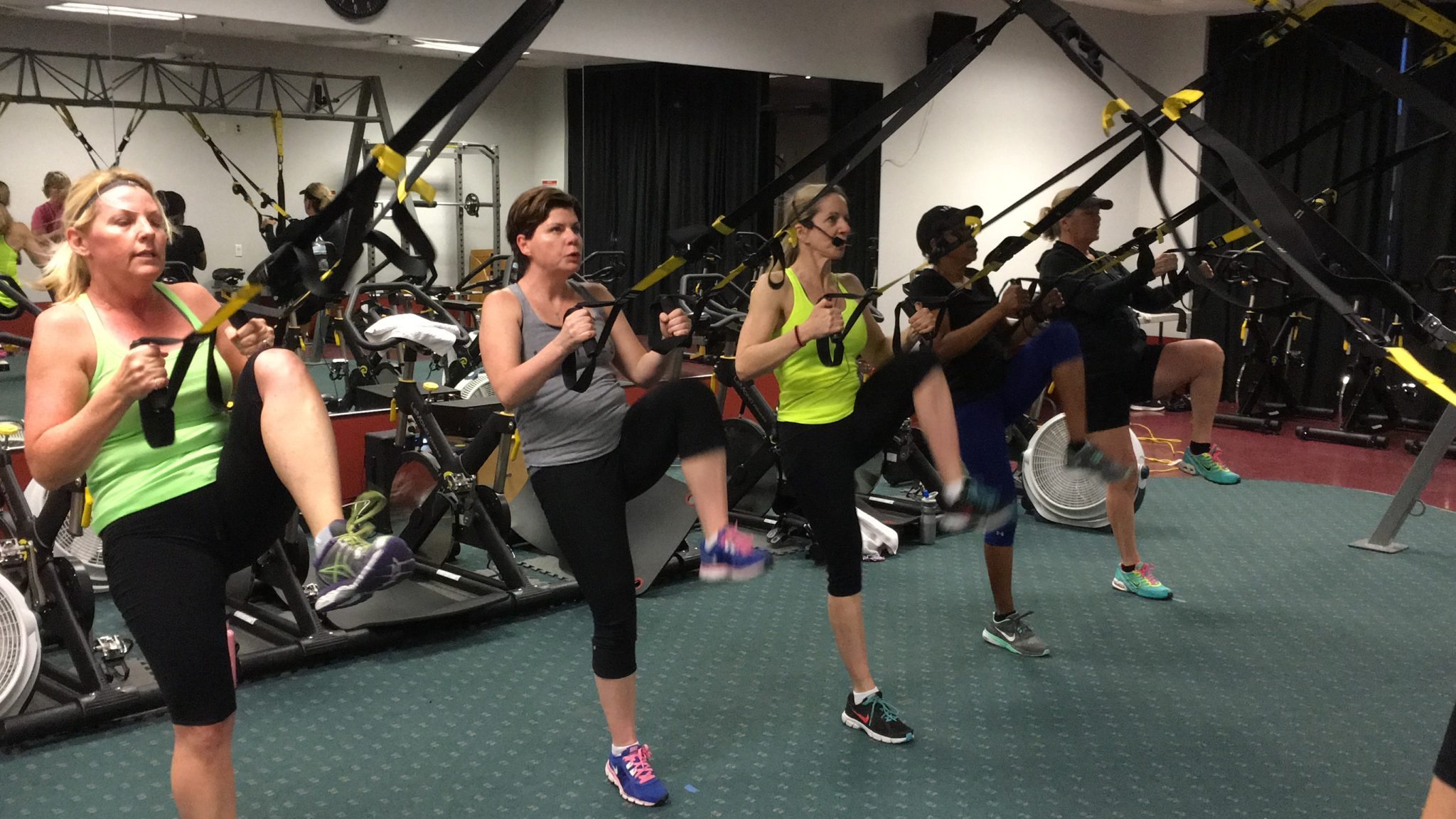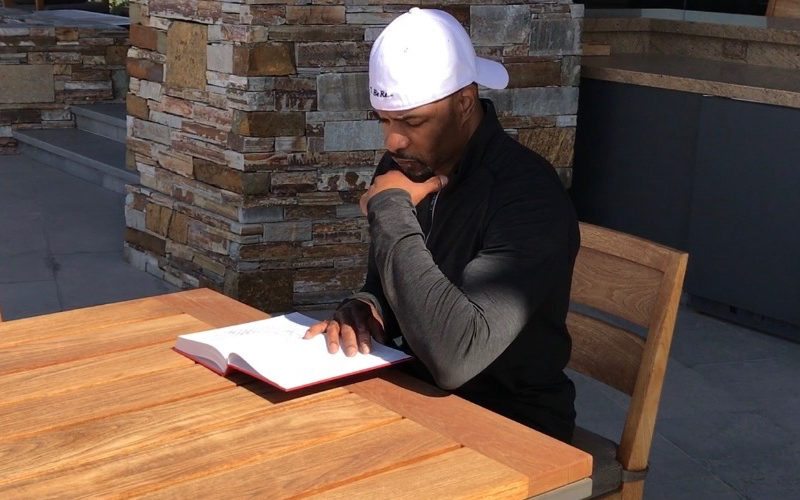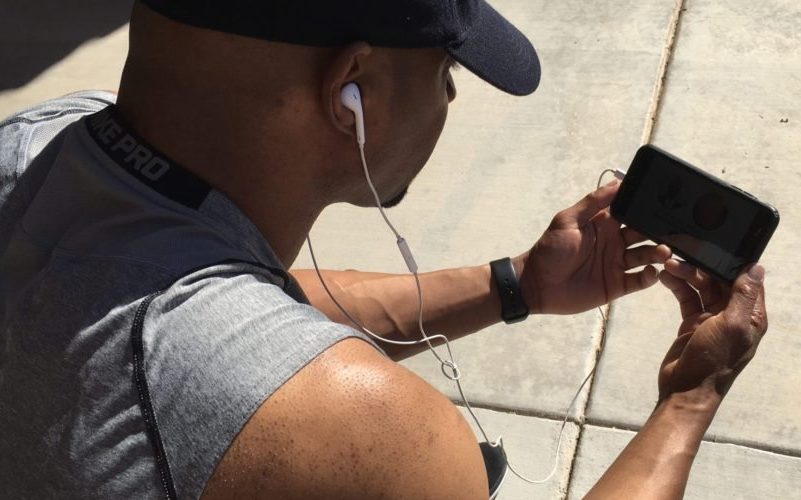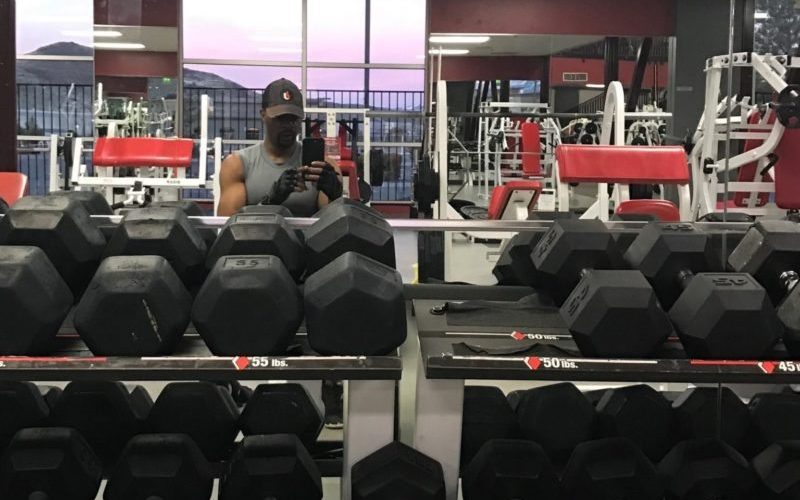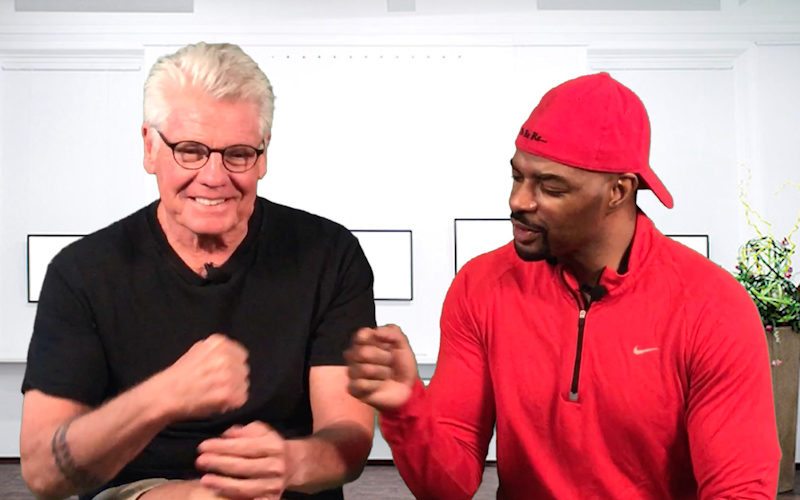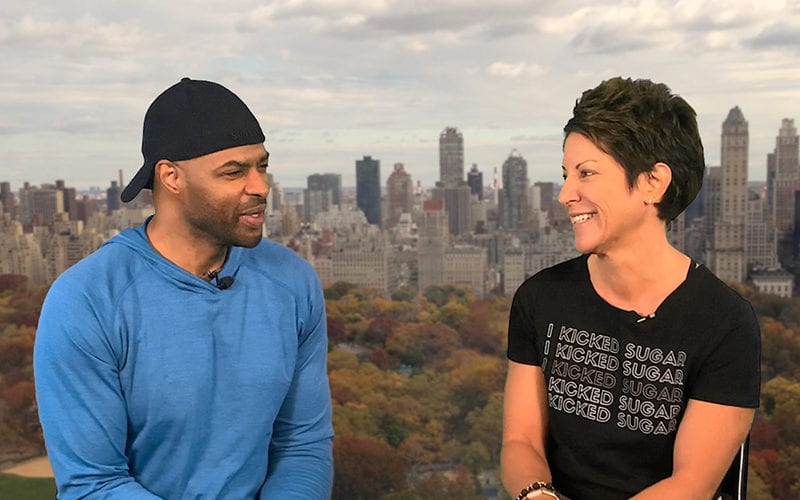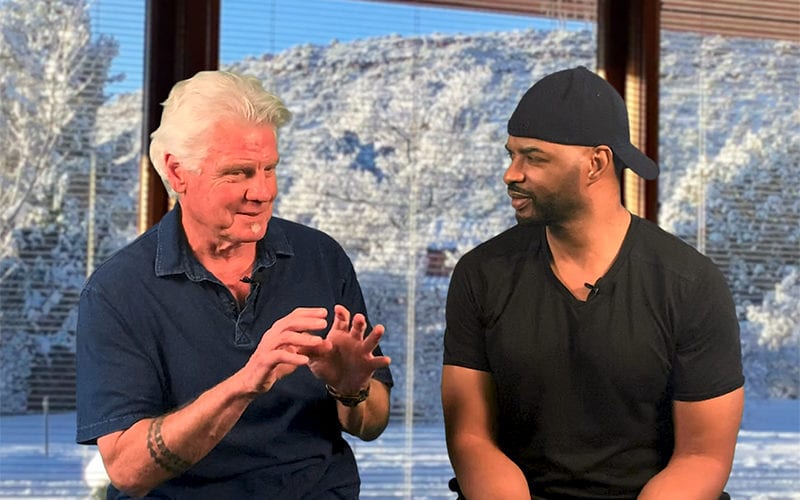Episode 77: The Importance of Routine
In this pod, Rick and Keith discuss the importance of routine and how it positively contributes to your life. When challenges show up, as they inevitably do, an anchor can keep you conscious and present as you see your way through. A healthy routine can be that anchor. Listen as the guys share their routine and encourage you to utilize one in your life. It’s benefits are far reaching.
Keith’s Routine
Morning:
• Gratitude Exercise
• 5-10 minutes of reading the Mayo Clinic Guide to Stress-free Living by Amit Sood, M.D.
• Listen to a podcast during my stretching routine and morning prep for the day
• Stretching/Rolling/Core Work for 10 minutes
• Practice being present and aware of the day’s novelty on my drive
Throughout the day:
• Practice Loving Kindness, Acceptance, Compassion and Gratitude
Before bed:
• Stretch & Roll my body
• Digital Curfew (turn off all electronics in the bedroom)
• Gratitude Exercise
Rick’s Routine
Morning:
• Up at 5:00 a.m.; 12 oz cold water
• Out the door at 5:10 a.m.; 4.1 mile hike Courthouse Butte or Baldwin Trail
• Walking Meditation (about 3 hours in nature, alone)
• No food until noon (intermittent fasting) break the fast with protein, never carbs
Throughout the day:
• Phone on, but ringer off all day, return calls at my discretion (I rarely answer the phone without a prior appointment to talk at a particular time)
• Check emails only 3x per day, respond at my discretion (I am not on any social media– phone and email are merely communication tools, not my life)
• Journal 40 minutes; read 2-3 hours per day
• MINDFULNESS all day—being fully present without judging
Before bed:
• Listen to jazz, chamber music while unwinding and recapping the day; more journaling and reading (I have no TV)
• Or listen to podcasts (Tim Ferriss, Krista Tippet) or TED talks on various subjects
In bed:
• Kill the tunes, read self-help, spiritual authors
• Outline ToDo’s for tomorrow
Here Are 8 Things We Do For a More Calm, Centered and Happy Life
- Stop being led by ego! It’s not about you–identify one positive event each day that has nothing to do with you. Your ego is not your friend; suffering comes from your ego’s preferences and expectations. It wants you to be the center of the universe. You are not.
- Tell someone about the positive event or share it on social media (only if you absolutely must use the damned electronics). This can help you savor the moment a little longer.
- Start a daily gratitude journal. Aim to find little things you’re grateful for, such as good coffee, salmon/peach sunrise or a cute kid. “Notice what is nice” about any given situation. Be present! Be conscious! Live your life with intention!
- Identify a positive personal strength and reflect on how you’ve used this strength today. Such as your compassion, patience, listening skills, humor.
- Set a daily goal and track your progress (“Today I’m not going to criticize my kid—instead I’m going to catch my kid in the act of doing something right, and tell her”). This is based on research that shows when we feel progress towards a goal, we have more positive emotions. The goal should be modest.
- Try to practice “positive reappraisal”: Identify an event or daily activity that is a hassle. Then, try to reframe the event in a more positive light. Example: If you’re stuck in traffic, think how nice to have quiet time, turn off the entertainment system, breathe deeply, focus on the breath, notice something new in your surroundings. This practice can start to become a habit. Novelty in life gives us a lift.
- Help someone each day—no matter how small. These daily acts of kindness can be as simple as giving someone a smile, holding a door open, sharing a cute story with someone sad. Research shows we feel better when we’re kind to others.
- Practice mindfulness by paying attention to the present moment. You can also try a 10-minute breathing exercise that uses a focus on breathing to help calm the mind.


